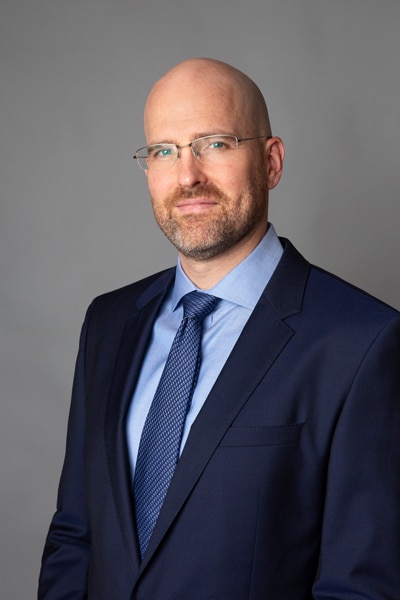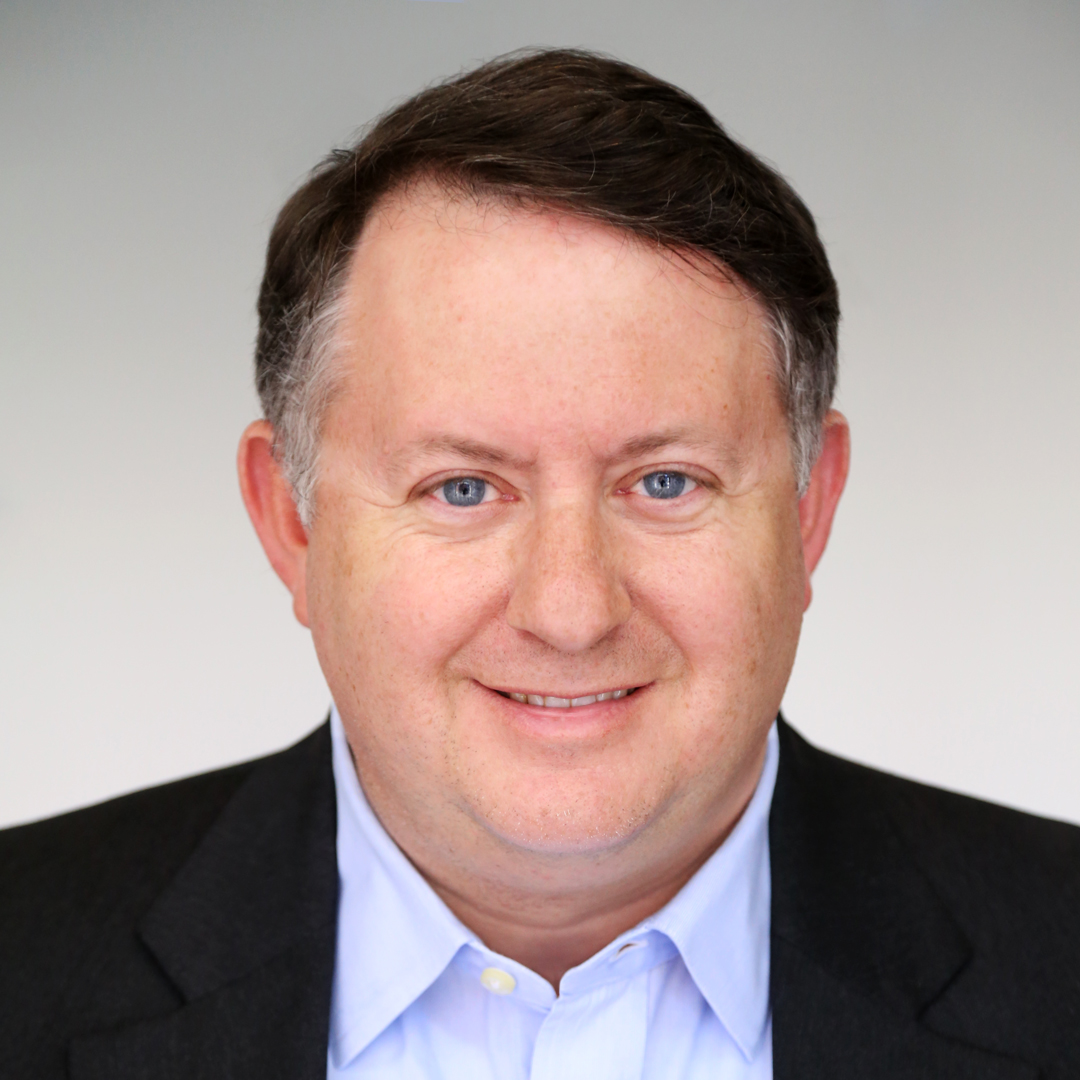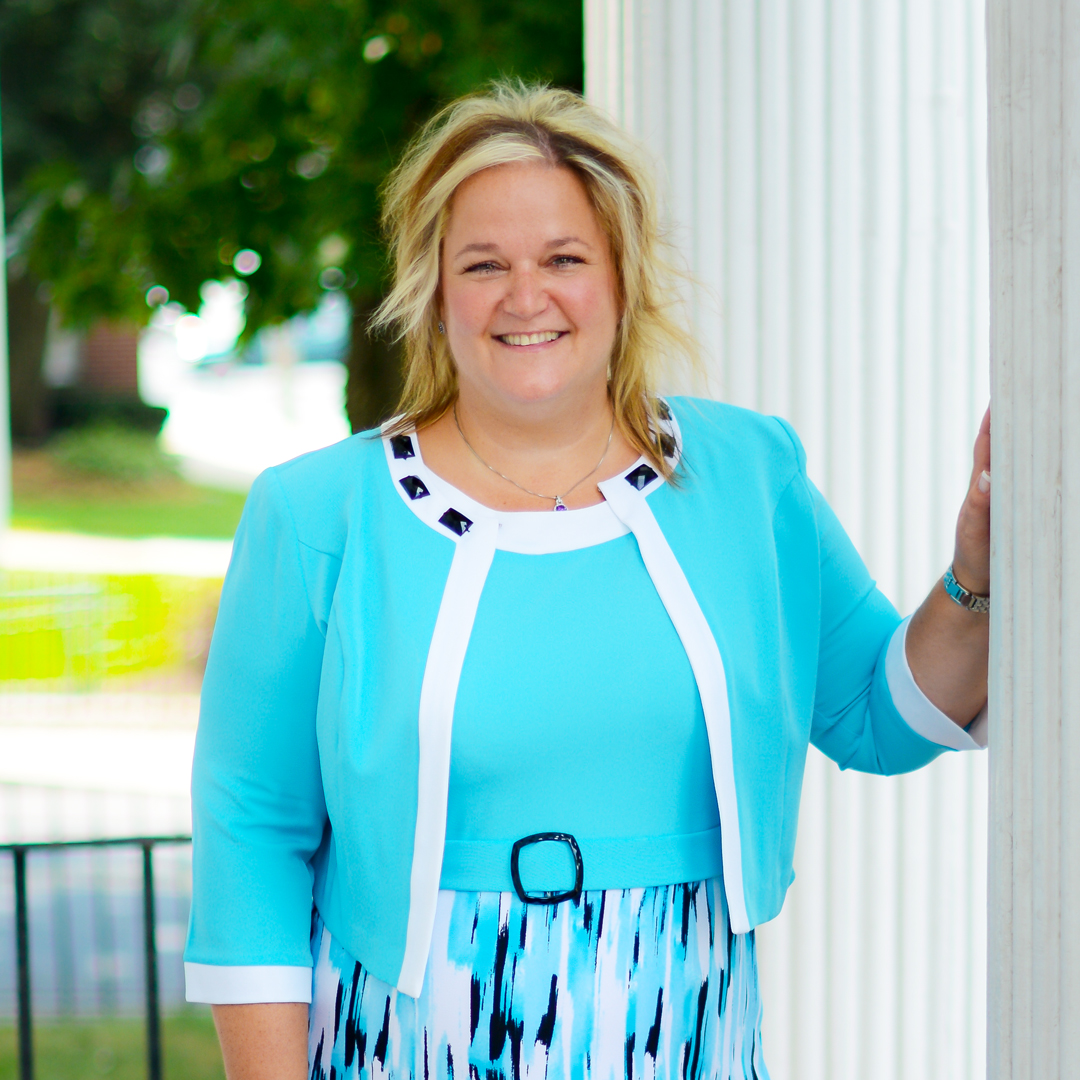Chris Schafer was born in Ohio, grew up in Arizona, and attended college in Oklahoma, followed by law school in California and business school in Illinois. These varied life experiences and his background in the disparate disciplines of science, business, and the law have aided him in his role as associate general counsel at Komatsu America.
With initial thoughts of attending medical school, Schafer majored in chemistry at the University of Oklahoma. Though he ultimately determined that this path was not for him, he retains a love of the scientific method. “The scientific method, the sort of rigorous analysis of a given problem, is underrated as a skill set in the world at large,” he says. This grounding in the sciences has given Schafer useful technical acumen when it comes to Komatsu’s inner workings and factors into his legal and business decision-making process.

After college, Schafer earned his JD with a focus on law and technology from the University of California, Berkeley, School of Law. He worked at several law firms, gaining experience in mergers and acquisitions, private equity transactions, debt and equity financing, securities law, and licensing. Schafer also pursued his MBA at the University of Chicago Booth School of Business, where he delved deep into finance and strategy.
At Komatsu, Schafer was introduced to the Komatsu way, a written statement of values that every employee signs to ensure that the company functions to its fullest. He has embraced the Japanese philosophies of well-roundedness, “go to gemba,” and kaizen, or continuous learning.
“Go to gemba,” Schafer explains, “means go to the workplace—meaning go to where your customers are, or the people you’re working with.” By physically visiting the sites that manufacture your products, the other offices you work with, and the customers who use the products, you gain a richer, more holistic understanding of the company. Additionally, these in-person visits help cultivate relationships with colleagues and clients. To this end, Schafer has visited facilities in Italy, Australia, Japan, and all over the United States.
“You don’t arrive at a position fully formed,” Schafer states. “You’re going to learn over the course of your career naturally.” At Komatsu, employees go out of their way to learn new things. They want to be prepared for unexpected challenges and generate innovative solutions to problems. This approach proved fruitful in 2017, when Komatsu bought Joy Global, which manufactures surface and underground mining equipment that Komatsu had never made before. Everyone had to learn processes and familiarize themselves with a new market.
That is hardly the only adjustment employees have dealt with in recent years at Komatsu. “Not only Komatsu, but a lot of manufacturers are undergoing a transition from a pure manufacturing company that provides discrete products to a company that provides solutions,” Schafer says. “For example, we have a solution called the autonomous haulage system that involves driverless trucks operating at mines. That is a whole software and hardware solution that is implemented at a particular mine. That requires quite a bit of interaction with the customer that simply wasn’t there before when we were selling a discrete piece of equipment. And if you just look at the world at large, that’s the way things are going.”
“You don’t arrive at a position fully formed. You’re going to learn over the course of your career naturally.”
This shift from products to solutions has led to “more conversations about intellectual property and data ownership than you might’ve had when you were selling an electric dump truck or a set of electric dump trucks.” For the legal team, that means considerations ranging from delivery of software solutions to meticulous drafting of the terms and conditions of use to the customer’s business requirements.
“Komatsu does pride itself as a technical leader in the construction and mining fields,” Schafer says. Among its solutions is “intelligent machine control.” As an example, intelligent machine control can automatically adjust bulldozers’ work equipment loads to accommodate task switching from digging to carrying soil to leveling. Such advances allow operators to operate a bulldozer with less training and skill than was previously required, lessen operator fatigue, and augment the efficiency of the bulldozing process.
“You’ve got to continuously improve your skill set,” Schafer remarks. “That’ll help you provide more value. And also, it makes your job more fun.” At Komatsu, “we have a pretty generalist philosophy about how we do things within the department. And you get to work on a lot of different things, work with different, bright, interesting people, and solve an array of problems. It’s not the same thing from one day to the next.”
A subsidiary of the Japanese company Komatsu Ltd., a multinational manufacturing company with a large number of companies under its global umbrella, Komatsu America has experienced significant growth and increased its productivity by following the company’s core tenets. In his role, Schafer connects offices scattered across the world, translating the corporate philosophy throughout and providing insights and feedback to the headquarters in Japan. “One of the things I love the most about my job is that you get to do so many different things,” he says, “but one of the challenges is that there are so many different things to do!”
***
Swift Currie McGhee & Hiers LLP:
“Chris is a pleasure to work with and is great at balancing the demands of litigation without disrupting the day-to-day operations of the business. He makes our job protecting the company much easier.”
–Brad Marsh and Joe Angersola, Partners
***
Garrison Environmental Law Practice:
“Not only is Chris an excellent lawyer, he also has remarkable strategic and business acumen. It is a pleasure working with Chris.”


